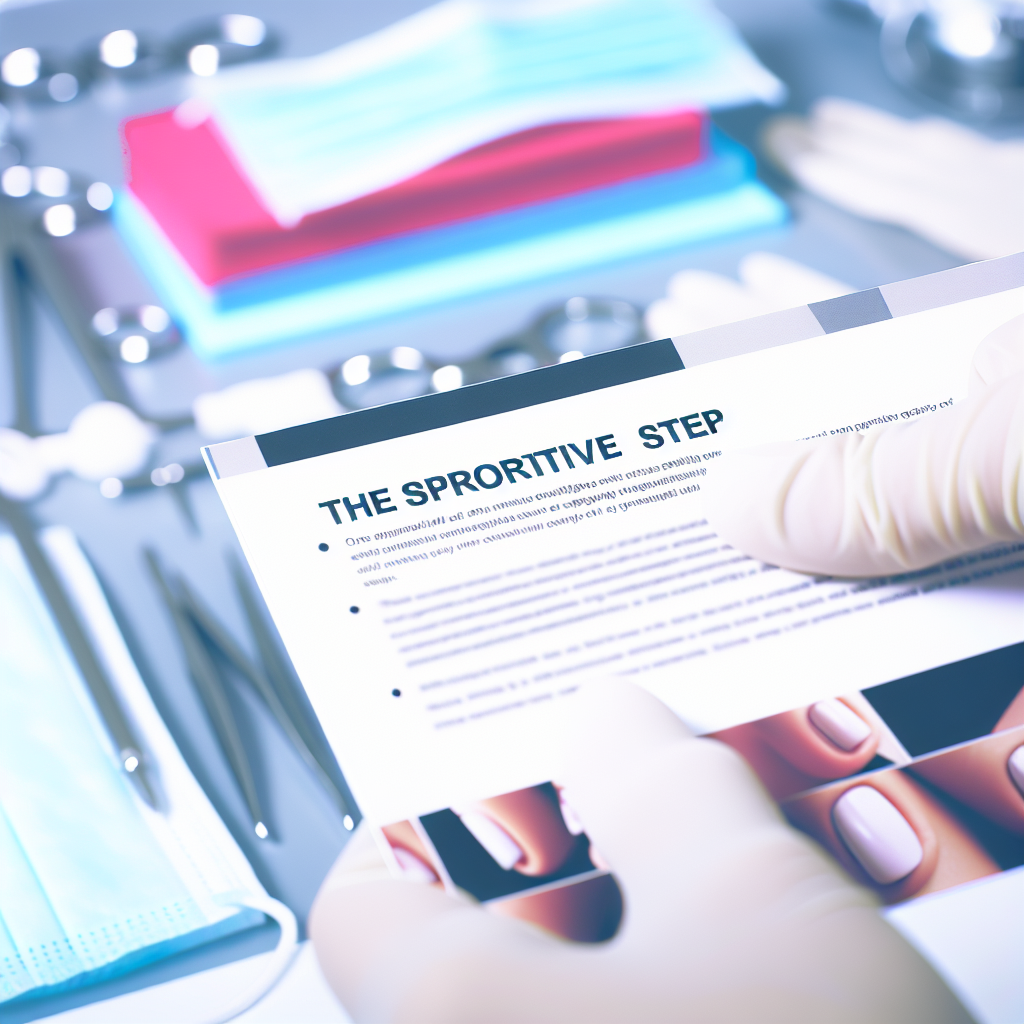Most💯 Important Step Before any Procedure 🔥
Preparing adequately before any medical or cosmetic procedure is crucial for ensuring safety, success, and optimal results. This article will explore the most vital step you must take prior to undergoing any procedure, emphasizing thorough preparation and informed decision-making to achieve the best possible outcome. Read on to learn how to set yourself up for success.
Comprehensive Consultation and Medical Evaluation
The most critical step before any procedure is to undergo a **comprehensive consultation with a qualified healthcare professional**. This process isn’t just about asking questions; it involves a detailed review of your medical history, current health status, and understanding your expectations and concerns.
During this consultation, the healthcare provider should perform a thorough physical examination and may request diagnostic tests if necessary. These assessments help identify any underlying conditions or contraindications that could impact the safety or effectiveness of the procedure.
Why is this step the most important? Because it ensures that the procedure is appropriate for your unique health profile, minimizing risks such as complications, adverse reactions, or poor outcomes. Informed consent, which stems from this detailed evaluation, empowers you to make confident, educated decisions about your health.
Key Elements of a Proper Consultation
- Complete medical history disclosure
- Understanding the procedure’s benefits and risks
- Discussing any medications, supplements, or allergies
- Assessment of realistic expectations and possible outcomes
- Post-procedure care planning
In addition, ask your practitioner about their experience and success rates with the procedure to gauge their expertise and comfort level. A transparent, two-way communication process ensures that you feel heard and well-informed, laying the foundation for a safer and more satisfying experience.
Preparation and Post-Procedure Planning
After a successful consultation, the next vital step involves proper preparation and planning for aftercare. This includes following pre-procedure instructions meticulously, such as avoiding certain medications, fasting if required, or arranging transportation post-procedure. These steps help reduce risks like excessive bleeding or adverse reactions.
Equally important is planning for post-procedure recovery. Prepare your environment with necessary supplies, understand signs of potential complications, and establish a support system. Clear post-care instructions from your provider—such as wound care, medication schedules, activity restrictions, and follow-up appointments—are essential to optimize healing and results.
By proactively managing these aspects, you decrease the likelihood of setbacks and complications, ultimately enhancing your overall experience and satisfaction with the procedure.
In conclusion, ensuring comprehensive consultation and thorough planning are the most critical steps before any procedure. These steps not only mitigate risks but also empower you with the knowledge to make informed decisions, paving the way for successful outcomes. Prioritizing proper preparation guarantees that your health and satisfaction remain at the forefront of your procedure journey.
